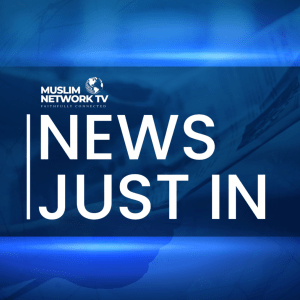House panel releases six years of Donald Trump’s tax returns
After a protracted legal fight and relentless obstruction by the former president, the House Ways and Means Committee on Friday finally released six years of Donald Trump’s individual and business tax returns.
“It is a bittersweet moment,” Rep. Bill Pascrell (D-N.J.), a member of the House Ways and Means Oversight Subcommittee, said, lamenting how long it took for lawmakers to obtain the documents and make them public. “I will read through them today and you should too. Every American deserves this sunlight. This is what democracy is about.”
A download link for the returns, which span 2015 to 2020 and are redacted to conceal sensitive personal information such as Social Security numbers, is here (warning: the file is very large—1.1 GB—and in zip format).
The long-awaited release of the documents came after the House panel voted last week to make them public. The committee also released a summary confirming that Trump—who broke with longstanding tradition by refusing to release the documents voluntarily—paid just $750 in federal income taxes in 2016 and 2017 and $0 in 2020.
The summary made clear that Trump turned to avoidance tactics that the ultra-rich often use to slash their tax bills.
The House committee, which Democrats control until next week, also revealed that the IRS didn’t begin auditing Trump’s taxes until 2019, despite the agency’s mandatory presidential audit policy.
“Trump acted as though he had something to hide, a pattern consistent with the recent conviction of his family business for criminal tax fraud,” Rep. Don Beyer (D-Va.), a member of the House tax panel, said in a statement Friday. “As the public will now be able to see, Trump used questionable or poorly substantiated deductions and a number of other tax avoidance schemes as justification to pay little or no federal income tax in several of the years examined.”
“These findings underscore the fact that our tax laws are often inequitable, and that enforcement of them is often unjust,” Beyer continued. “Trump was able to bypass even the mandatory IRS presidential audit program for years, but many other wealthy and powerful people evade billions in tax dues every year through more quotidian tax avoidance. Congress has so much work to do to make tax enforcement in this country fairer.”
Writing for The Atlantic on Friday, Citizens for Responsibility and Ethics in Washington president Noah Bookbinder urged the Senate Finance Committee to investigate the IRS’ failure to audit Trump in the early years of his presidency.
Originally published at Commondreams.org.










